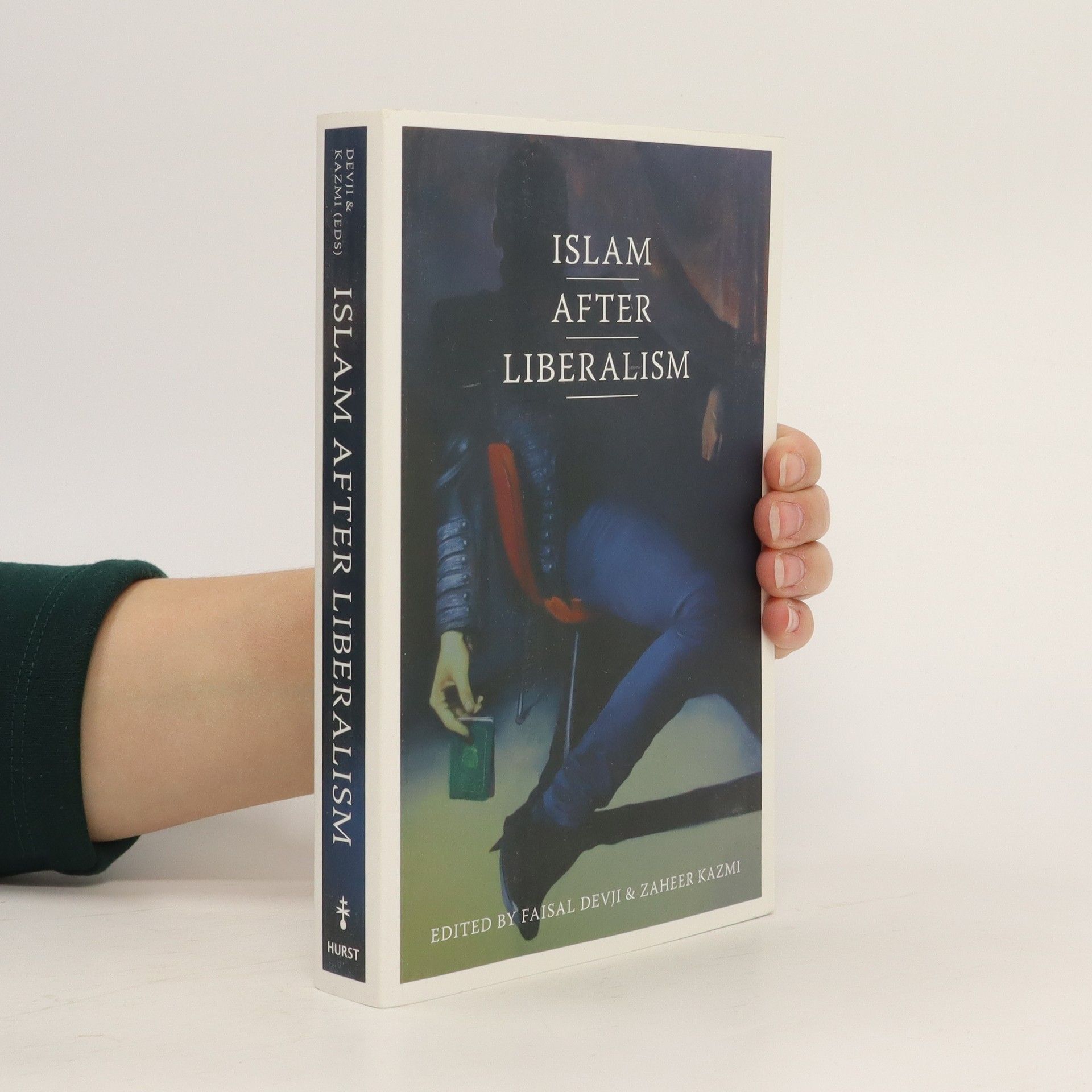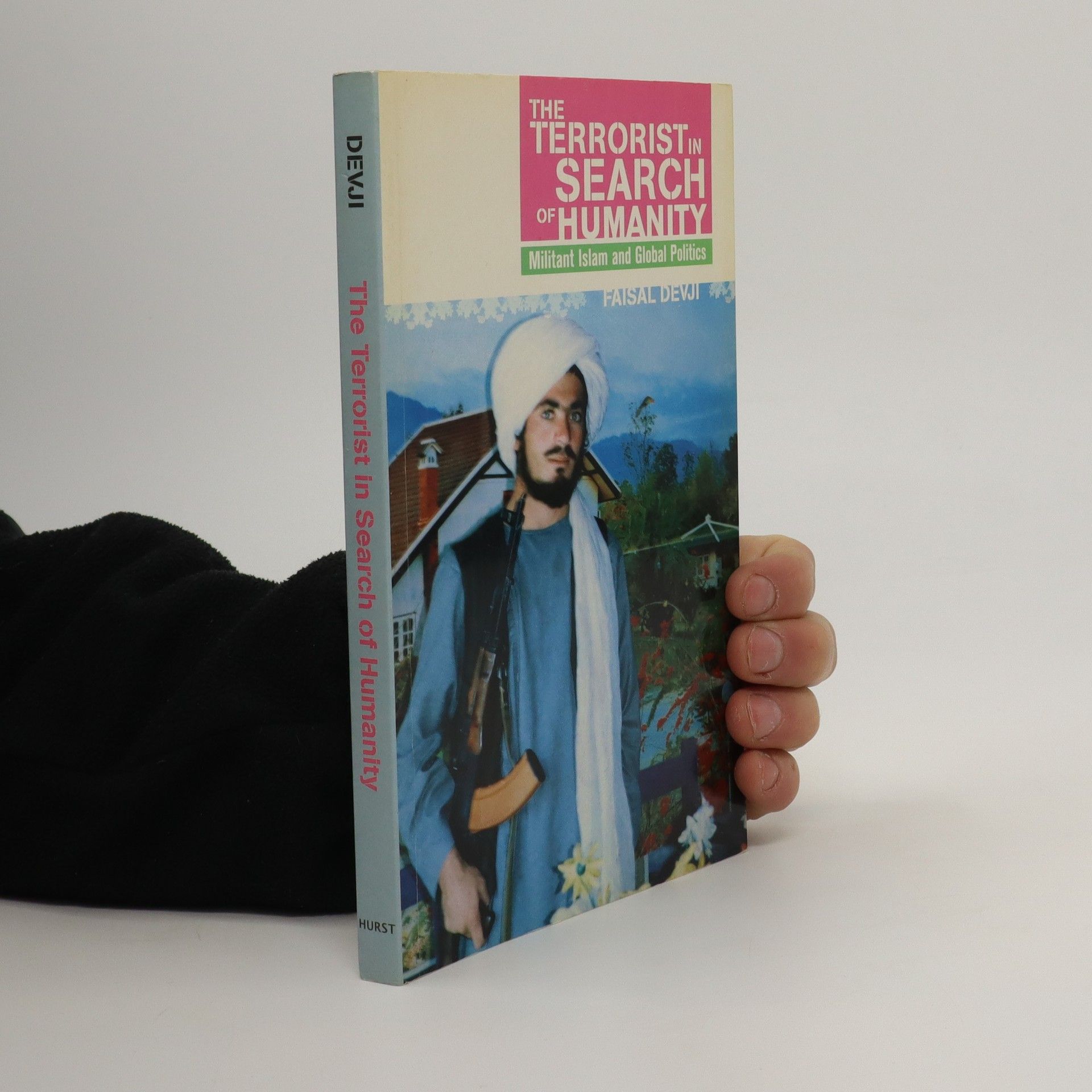Faisal Devji argues that new forms of militancy, such as the actions of al-Qaeda, are informed by the same desire for agency and equality that animates other humanitarian interventions, such as environmentalism and pacifism. To the militant, victimized Muslims are more than just symbols of ethnic and religious persecution-they represent humanity's centuries-long struggle for legitimacy and agency. Acts of terror, therefore, are fueled by the militant's desire to become a historical actor on the global stage. Though they have yet to build concrete political institutions, militant movements have formed a kind of global society, and as Devji makes clear, this society pursues the same humanitarian objectives that drive more benevolent groups.
Faisal Devji Boeken


Leading scholars discuss how 'Islam' and 'liberalism' have been entwined historically and politically and how Muslims have thought about this longstanding relationship. Forged in the age of empire, the relationship between Islam and liberalism has taken on a sense of urgency today, when global conflicts are seen as pitting one against the other. More than describing a civilisational fault-line between the Muslim world and the West, however, this relationship also offers the potential for consensus and the possibility of moral and political engagement or compatibility. The existence or extent of this correspondence tends to preoccupy academic as much as popular accounts of such a relationship. This volume looks however to the way in which Muslim politics and society are defined beyond and indeed after it. Reappraising the 'first wave' of Islamic liberalism during the nineteenth century, the book describes the long and intertwined histories of these categories across a large geographical expanse. By drawing upon the contributions of scholars from a variety of disciplines -- including philosophy, theology, sociology, politics and history -- it explores how liberalism has been criticised and refashioned by Muslim thinkers and movements, to assume a reality beyond the abstractions that define its compatibility with Islam.